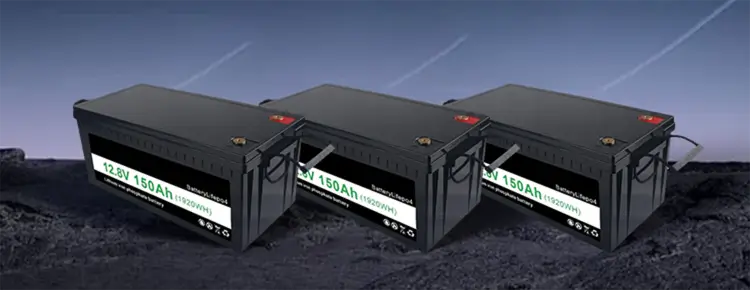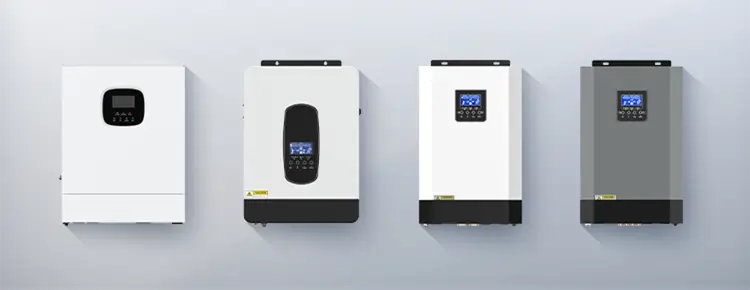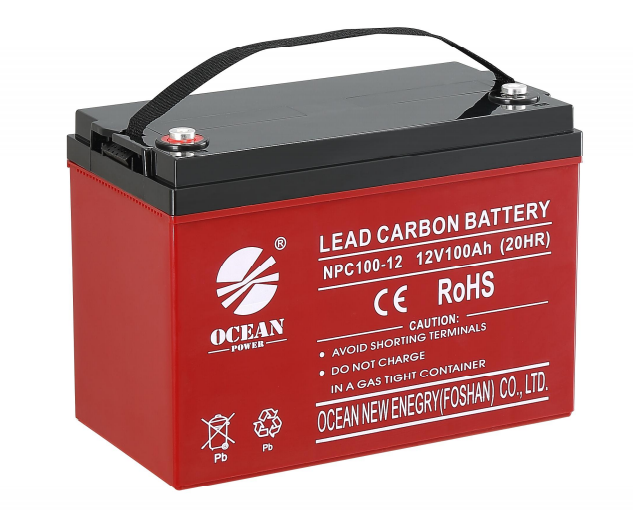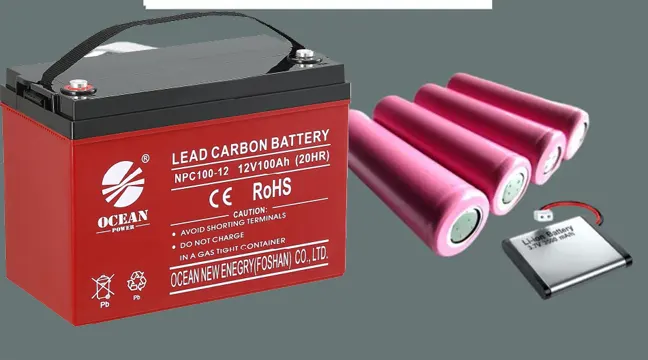


Blog
Hot Category
Latest Blog
15 Jul 2024
Baron
The world of batteries is vast and diverse, with a variety of chemistries and technologies used to power our devices, vehicles, and energy storage systems. One battery that has received a lot of attention in recent years is the lithium iron phosphate battery (LiFePO4). Known for its safety, longevity, and environmental advantages, LiFePO4 batteries are popular in applications ranging from electric vehicles to solar energy storage. In this article, we will explore the key differences between LiFePO4 and other batteries, revealing their unique advantages and disadvantages.
LiFePO4 batteries are a type of rechargeable lithium-ion battery that uses lithium iron phosphate as the cathode material instead of the more commonly used lithium cobalt oxide (LiCoO2) in traditional lithium-ion batteries. This difference in cathode material gives LiFePO4 batteries several distinct advantages, including increased safety, longer cycle life, and better thermal stability.
Comparison of LiFePO4 to Other Batteries
Safety: LiFePO4 batteries are known for their superior safety compared to other lithium-ion batteries, such as lithium cobalt oxide and lithium manganese oxide. The LiFePO4 cathode material is more chemically stable, reducing the risk of thermal runaway and fire. This makes LFP batteries a safer choice for safety-critical applications such as electric vehicles and energy storage systems.
Cycle Life: LFP batteries have a longer cycle life than other lithium-ion batteries, typically providing 2,000 to 5,000 or more charge cycles, compared to 500 to 1,000 cycles for other lithium-ion chemistries. This extended cycle life allows the battery to last longer, reducing the need for frequent replacements and lowering the overall cost of ownership.
Environmental Impact: LFP batteries are more environmentally friendly than other lithium-ion batteries because they do not contain toxic heavy metals such as cobalt. In addition, the longer cycle life of LFP batteries means that fewer batteries need to be manufactured and disposed of, further reducing environmental impact.
Energy Density: Where LFP batteries fall short compared to other lithium-ion batteries is in their energy density. LFP batteries have a lower energy density, meaning they store less energy per unit weight or volume. This results in larger, heavier batteries for a given capacity, making them less suitable for applications where size and weight are key factors, such as smartphones and laptops.

Cost: LiFePO4 batteries tend to have a higher unit cost than other lithium-ion batteries. However, their longer cycle life and improved safety can offset this initial cost difference over time, making them a more cost-effective solution in the long run.
Performance: LiFePO4 batteries excel in discharge rate, temperature tolerance, and self-discharge rate. They can deliver high currents for high-power applications and perform well at both high and low temperatures. Additionally, LiFePO4 batteries have a lower self-discharge rate than other lithium-ion batteries, meaning they can hold a charge longer when not in use.
Due to their unique advantages, LiFePO4 batteries are well suited for a variety of applications, including:
Electric Vehicles: The safety, longevity, and high-power capabilities of LiFePO4 batteries make them an excellent choice for electric vehicles such as cars, buses, and scooters.
Energy Storage Systems: LiFePO4 batteries are commonly used in solar energy storage systems, off-grid power systems, and backup power because of their safety, long cycle life, and environmental benefits.

Industrial Equipment: Due to their high power output, long cycle life, and low maintenance requirements, LiFePO4 batteries are used in a variety of industrial applications such as forklifts, floor cleaners, and other electrical equipment.
Marine and RV Applications: The safety and long cycle life of LiFePO4 batteries make them ideal for powering marine and recreational vehicles.
Conclusion
LiFePO4 batteries offer several key advantages over other batteries, including increased safety, longer cycle life, and better environmental performance. While they may have a lower energy density and a higher initial cost, their unique advantages make them a strong choice for a variety of applications, from electric vehicles to energy storage systems. By understanding the differences between LiFePO4 batteries and other batteries, you can make an informed decision when choosing the right battery technology for your specific needs.